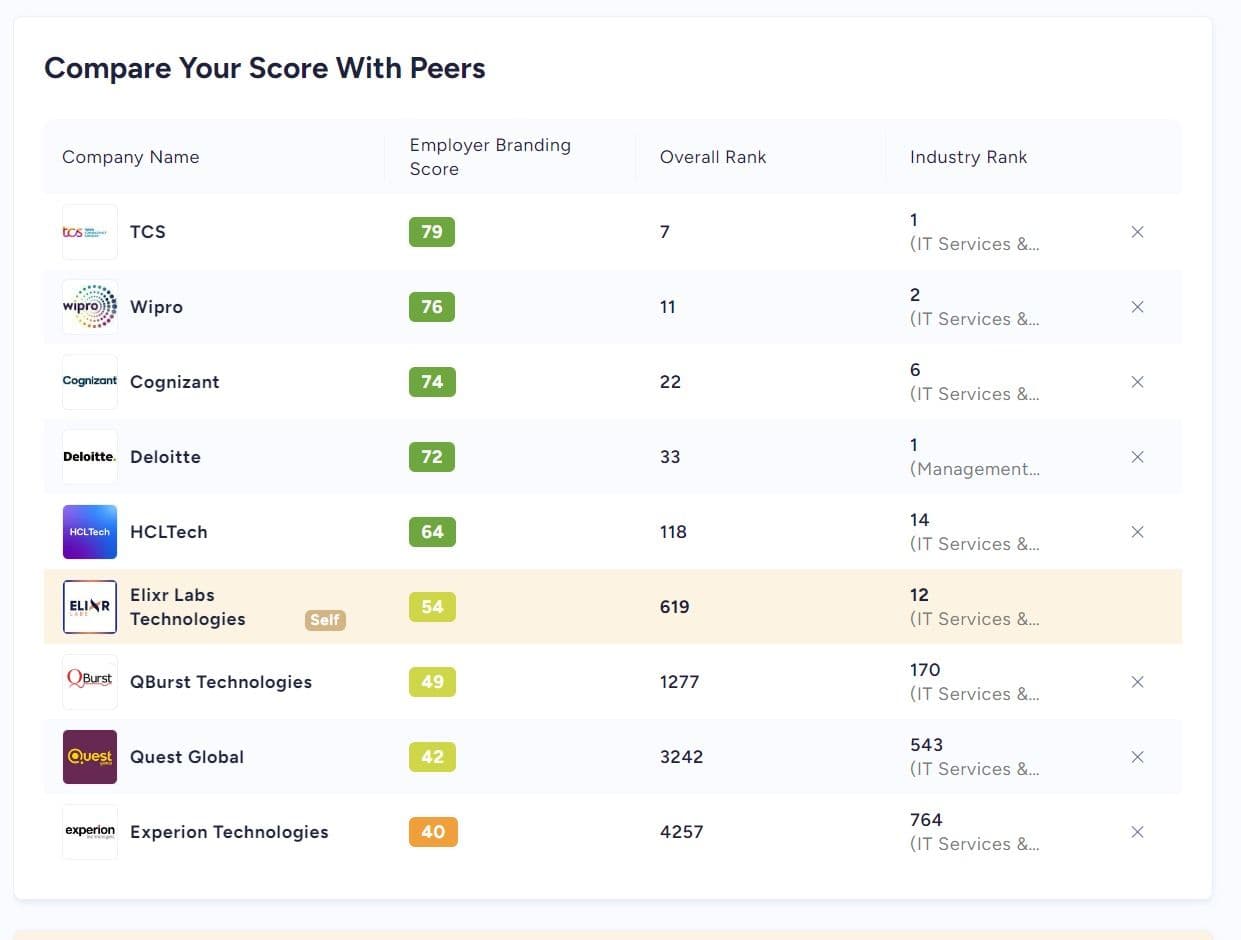
In today’s busy and competitive world, people often think that being really good at a skill, like coding or designing, is the best way to become a leader. The idea is that if someone is great at their job, they’ll also be great at leading others. But is that true? The truth is, being good at a job doesn’t always mean someone will be good at leading a team. Leadership takes more than just technical skills.
I once worked with an amazing engineer who was super smart and great at solving tough coding problems. She was so good that she got promoted to be the leader of our team. But over time, things didn’t go well. The team had trouble working together, projects got delayed, and everyone felt unhappy.
What went wrong? Even though she was great at her job, she didn’t have the people skills needed to be a good leader. She tried to control every little thing, which made her team feel unimportant. She didn’t trust others to do their work and didn’t show kindness or understanding. This made the team unhappy and less creative. It showed me that being good at your job doesn’t mean you’ll be a good leader.
Why Being Great at Your Job Doesn’t Guarantee Leadership Success
Being a leader is not just about being good at technical stuff. It's about:
- Soft Skills: A good leader speaks clearly, cares about their team, and stays calm when problems arise. They should know what their team excels at, where they need help, and what keeps them motivated.
- Strategic Thinking: Technicians are focused on specific jobs, while leaders focus on the entire goal. They guide the team to align with the company’s objectives and plan for both challenges and opportunities.
- Inspiring and Motivating: Great leaders inspire their teams by giving them a sense of purpose. They encourage everyone to do their best and work harder.
- Building Relationships: A great leader helps the team get along, builds trust, and respects everyone’s differences. They also solve problems and guide the team.
Why Expertise Alone Won’t Lead to Success
Technical skills are important, but they’re just the starting point for being a good leader. Let’s look at why knowing a lot about something isn’t enough on its own.
- Micromanagement: Highly skilled individuals often have a hard time letting others help. They want to take care of everything themselves and don’t trust their team with important tasks, making others feel unappreciated.
- Poor Communication: Strong leaders can make complicated ideas understandable for everyone. However, those who are experts in technical fields sometimes have a hard time explaining things in easy terms without using complex words.
- Lack of Emotional Intelligence: A great leader understands emotions, both their own and the people they lead. Leaders who aren’t good at this may struggle with earning trust and maintaining a positive work environment.
Developing Effective Leadership Qualities
Moving from a technical job to a leadership role takes careful work. Both companies and people need to understand that being a leader is a skill you have to learn, not something that just happens.
For Aspiring Leaders:
- Invest in Soft Skills: Take classes, read books, and ask for advice from others to get better at talking to people, understanding their feelings, and solving problems.
- Learn to Delegate: Leadership is not about doing everything alone. Trust your team and let them be in charge of their work.
- Focus on Emotional Intelligence: Listen carefully, ask for feedback, and try to understand how others feel and what they think.
- Develop a Strategic Mindset: Focus on the big goals, not just the tasks right in front of you. Understand how your team's work helps the bigger picture and make sure to explain that clearly.
For Organizations:
- Redefine Promotion Criteria: Don't just look at technical skills when choosing leaders. Also, think about how well they work with others and make big plans.
- Provide Leadership Training: Organize mentoring programs and workshops to teach people with technical skills how to work well with others and lead effectively.
- Encourage a Growth Mindset: Build an environment where employees feel motivated to improve their skills and grow as people.
The Importance of Being a Well-Rounded Leader
A good leader knows their work and how to collaborate effectively. They inspire, solve problems, and ensure that everyone feels respected.
A sudden transition from a technical background to leadership roles comes with its own set of challenges. It requires changes such as changing the way you think, dedicating yourself to growth, and understanding that being a leader is different from just completing tasks. Businesses that support their leaders in learning these skills have better opportunities for success in their field.
Being skilled in your role doesn’t make you a leader. Leadership is about helping your team succeed, solving problems, and inspiring everyone to do their best. You can become a better leader by focusing on collaboration and skill-building. Companies that invest in leadership training will do better in today’s evolving world.
Ready for the next step? Leadership starts with learning how to work well with people and building trust. Focus on growth and helping your team succeed. Share your ideas below, and let’s talk about what makes a great leader!

Cracking the Code: How Elixr Labs Secured a Top Ranking in The Technological Advancements in Healthcare Industry

My Childhood Wasn’t an Easy One: A Journey From Struggle To Strength

How Technology is Revolutionizing The Healthcare Industry
